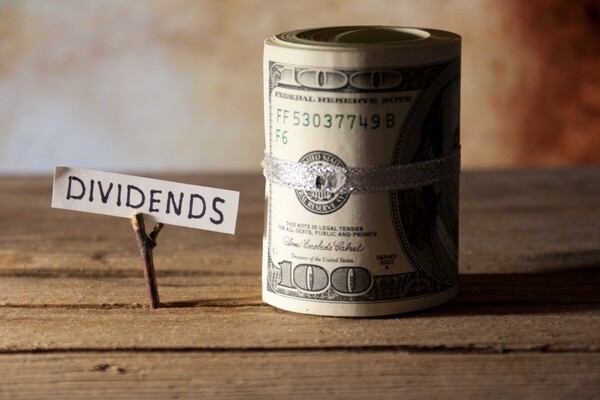High Treasury Stocks, Low Returns: A Growing Concern
As of March's end, 18 companies listed on South Korea's KOSPI and KOSDAQ exchanges are holding treasury stocks that exceed 20% of their total shares. This has led to intense scrutiny over their strategies for boosting shareholder value, especially with recent regulatory updates and underwhelming market performances.

Regulatory Changes and Transparency
New regulations in South Korea now require companies with over 5% treasury stocks to include a detailed report in their business filings, aiming for greater transparency. Despite this, some have missed deadlines or omitted necessary details, raising questions about their commitment to openness.
Dividend Drought Raises Eyebrows
Several firms with significant treasury holdings haven't paid dividends for three years straight, including Daedong Electronics and Mirae Asset Life Insurance. This lack of shareholder returns has only added fuel to the fire of investor dissatisfaction.
Expert Insights
"The acquisition of treasury stocks should ideally enhance corporate value," notes Choi Kwan-soon from SK Securities. He suggests that if stock prices remain low despite large treasury holdings, companies might need to consider stock cancellations as a strategy to improve shareholder returns.







Comments